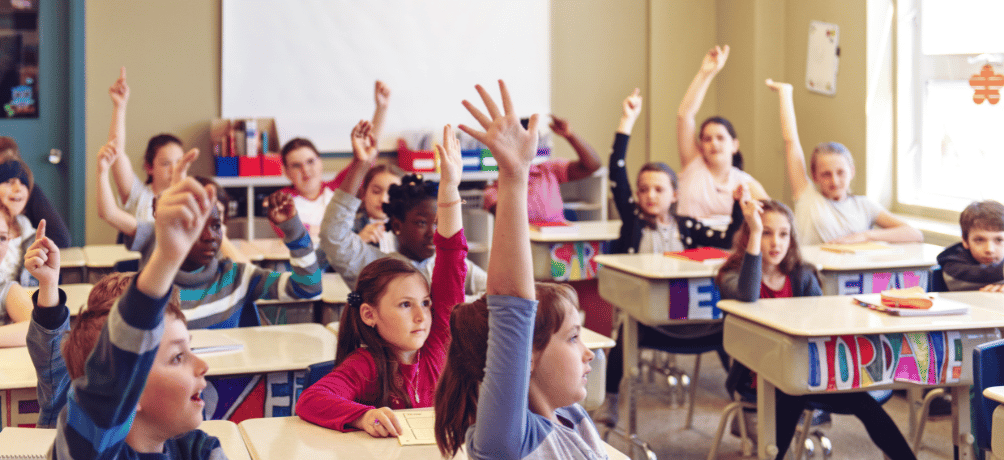Positive Approaches for Dealing with Disruptive Behaviors
By Huntington Learning Center
Disruptive students can greatly interfere with your teaching and negatively affect other students’ learning. It isn’t easy to teach effectively when students talk at inappropriate times or are antagonistic toward you and their classmates. How can you handle disruptive behavior in the classroom? Here are a few tips and strategies:
- Stop and intervene. Although it is tempting to ignore outbursts from students, a better approach is to deal with the situation immediately and directly. As soon as a student starts to act out, give nonverbal communication that they need to refocus and listen (e.g., by pausing to look at them and wait for them to stop disrupting). If this doesn’t work, move closer to the disruptive student, even standing right next to their desk if necessary. Address the student individually to request that they give you their attention and halt their poor behavior. If that too is ineffective, implement the consequence you’ve established for disobeying class rules, whether that is a timeout, loss of privilege or relocation to the hallway.
- Review classroom rules. Even if you communicated your rules and expectations at the start of the year, it’s worthwhile to discuss them again if you’re dealing with repeated disruptive behavior in the classroom. Remind all students what acceptable and unacceptable behavior looks like and go over the consequences for not following rules and respecting others (including you).
- Point out positive behavior. Rather than constantly call out students who are causing problems, focus instead on those who are doing what they are supposed to do and contributing to a positive classroom atmosphere. You can thank students for paying attention while you are speaking, cleaning up their desks when asked and working quietly in groups. Reward good behavior more than you punish bad behavior.
- Keep calm and carry on. It’s easy to get frustrated when a student is behaving inappropriately, but reacting with anger will accomplish nothing and only throw you off course even more. Stay calm and uphold an environment of respect as much as possible. Be kind, keep your emotions in check when confronting classroom disruptors and treat all students with the same respect that you expect in return.
Sometimes, disruptive behavior in the classroom is a sign of a deeper problem, for example, Attention Deficit Hyperactivity Disorder (ADHD). Students with ADHD might find it difficult to sit still, wait their turn to ask questions, and work well with other students. In the classroom, students sometimes react in surprising ways—like acting out in school to distract from the fact that they are having difficulty keeping up with what you are teaching.
If you suspect one of your students is dealing with academic issues that are contributing to their disruptive behavior, refer their parent to Huntington at 1-800 CAN LEARN. We work with students of all ages and all skill levels and can provide an academic evaluation that determines a student’s unique strengths and areas that need improvement. Our personalized programs can help students improve their grades and build their confidence and motivation to learn. Whatever academic challenges your student is facing, we can help them overcome them and get back on track.


